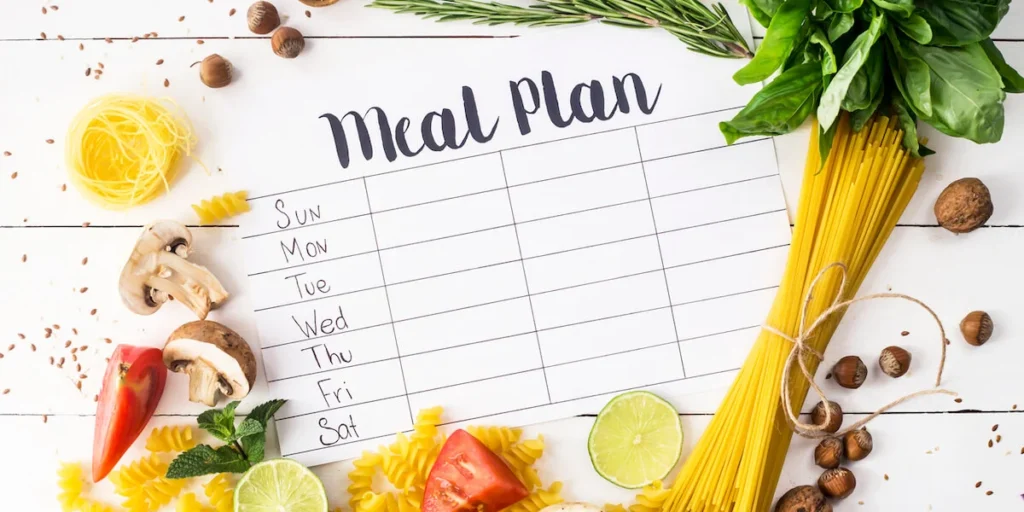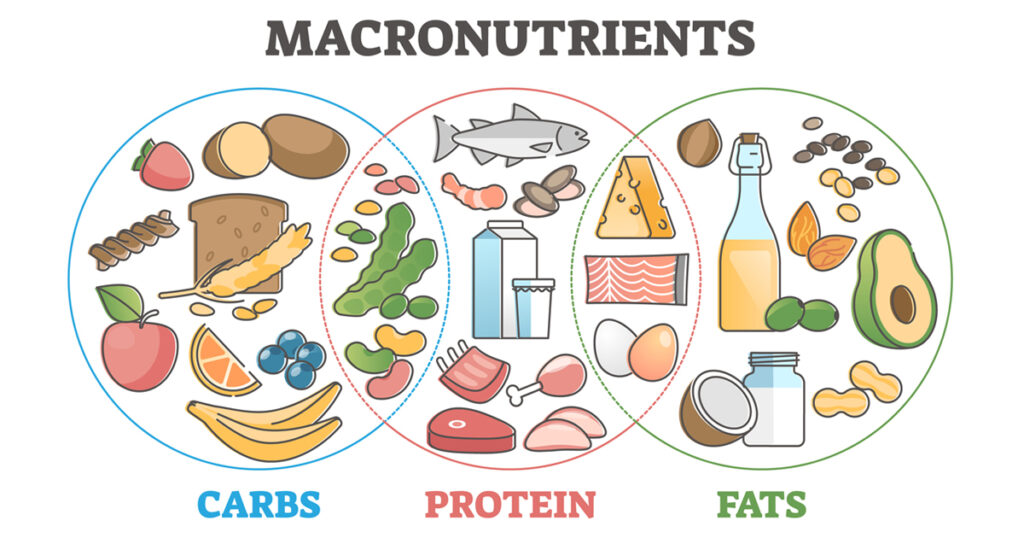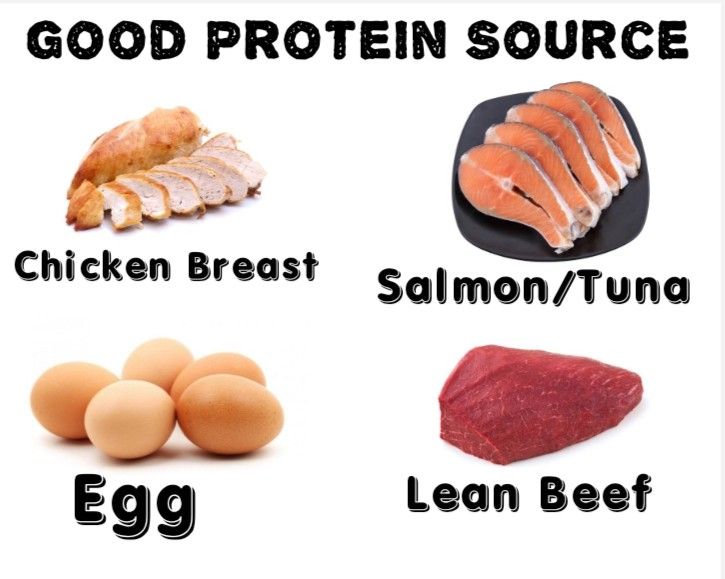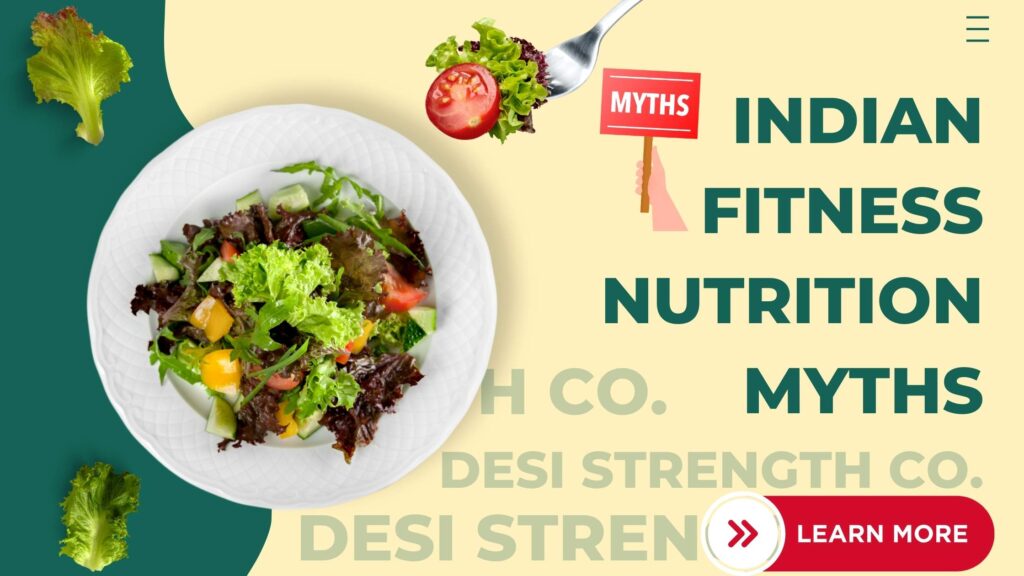Essential Meal Planning for Muscle Gain in India: High-Protein Indian Diet Guide

Why Meal Planning Matters for Muscle Gain
When it comes to building muscle, what you eat is just as important as how you train. Consistency is key—and meal planning can help you get there. But here’s the thing: most meal plans floating around the internet are Western-focused.
For those in India, or those who love Indian food, the challenge is different: how do you build muscle without giving up your cultural flavors?
The answer: smart, protein-packed Indian meals that work with your body goals, not against them.

Benefits of Meal Planning for Muscle Gain
Before jumping into the how-to, let’s quickly look at why meal planning helps so much with muscle growth:
Avoids under-eating or over-eating
Ensures you hit your daily protein goals
Saves time and money
Reduces food waste
Eliminates decision fatigue

Step-by-Step Guide to Meal Planning for Muscle Gain in India
Step 1: Understand Your Macronutrients
Your meals should be balanced between:
Protein – builds and repairs muscle (Aim: 1.6–2.2g per kg of body weight)
Carbs – gives you energy to fuel workouts
Fats – supports hormone production and joint health
Use free tools like MyFitnessPal or HealthifyMe to calculate your caloric and macronutrient needs.

Step 2: Build Your Muscle Meals with Indian Ingredients
Here’s a list of high-protein Indian foods (vegetarian and non-veg) you can mix and match:
✅ Vegetarian Protein Sources
Paneer – 100g = ~18g protein
Tofu – 100g = ~10g protein
Lentils (dal) – 1 cup cooked = ~15g protein
Chickpeas (chana) – 1 cup = ~14g protein
Moong sprouts – 1 cup = ~14g protein
Greek yogurt (curd) – 100g = ~10g protein
🍗 Non-Vegetarian Protein Sources
Eggs – 1 egg = 6g protein
Chicken breast – 100g = ~30g protein
Fish (rohu, salmon, tuna) – 100g = 20–25g protein
Prawns – 100g = ~22g protein
Vegetarian Muscle Meal Plan
| Meal | Foods |
|---|---|
| Breakfast | Paneer bhurji + multigrain toast + banana |
| Lunch | Brown rice + dal + sautéed veggies + salad |
| Snack | Roasted chickpeas or boiled eggs + coconut water |
| Dinner | Moong dal chilla with curd or quinoa + tofu curry + veggies |
| Before Bed | Warm milk with a scoop of protein or handful of almonds |
Non-Vegetarian Muscle Meal Plan
| Meal | Foods |
|---|---|
| Breakfast | Eggs bhurji + whole wheat paratha + orange juice |
| Lunch | Chicken curry + brown rice + mixed veg + salad |
| Snack | Boiled eggs or tuna salad + buttermilk |
| Dinner | Grilled fish or chicken + roti + sauteed greens |
| Before Bed | Greek yogurt with honey or milk with protein |

Step 4: Meal Prep Like a Pro
Here are some tips to keep things efficient and tasty:
Batch cook dals, rice, and paneer dishes on weekends
Use airtight containers to store meals for 3–4 days
Chop vegetables in advance and store them dry
Use spices like turmeric, cumin, and coriander for flavor without added calories
Keep quick protein sources (like boiled eggs, roasted chana) ready to go
Bonus Tips for Maximum Muscle Gain
Stay hydrated – Drink 3–4 liters of water daily
Eat every 3–4 hours – Helps keep metabolism active and muscles fed
Track your progress – Use apps or journals to log workouts and meals
Don’t skip rest – Recovery is where actual muscle growth happens!
Final Thoughts
Meal planning for muscle gain in India doesn’t have to mean eating boiled chicken or boring food. You can enjoy flavorful, home-style meals that fuel your gains—whether you’re vegetarian, non-veg, or somewhere in between.
The key is to plan smart, eat consistently, and build your plate around protein-rich Indian staples. Make your culture work for your goals, not against them and do workout using desi tools.
Want more Indian-focused fitness tips and meal plans? Subscribe for weekly insights that fit your lifestyle and fuel your muscle growth!
Want more Indian-focused fitness tips and meal plans? Subscribe for weekly insights that fit your lifestyle and fuel your muscle growth!


